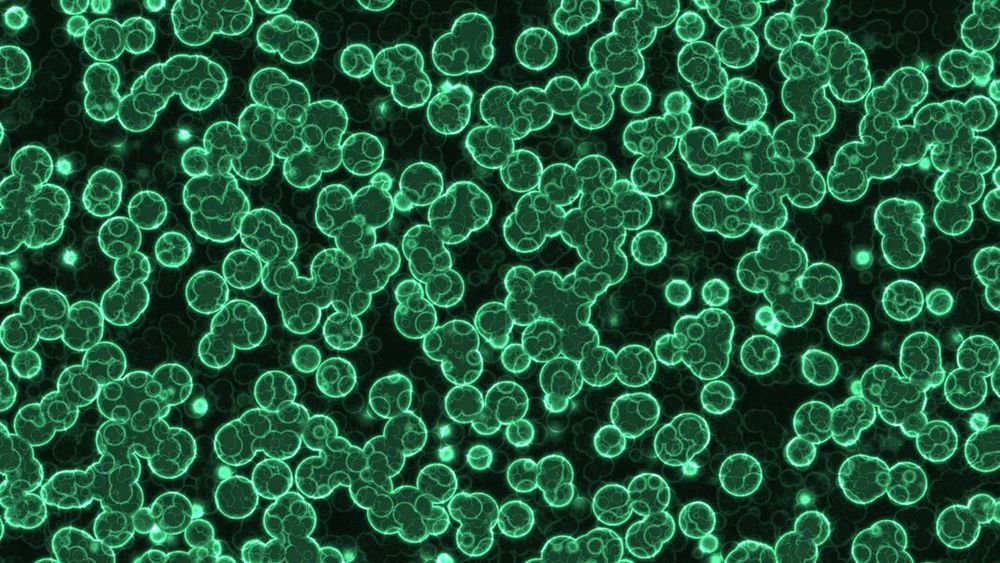It’s very easy to forget that complex life on Earth almost missed the boat entirely. As the Sun’s luminosity gradually increases, the oceans will boil away, and the planet will no longer be in the habitable zone for life as we know it. Okay, we likely have a billion years before this happens—by which point our species will probably have destroyed itself or moved away from Earth—but Earth itself is 4.5 billion years old or so, and eukaryotic life only started to diversify 800 million or so years ago, at the end of the “boring billion.”
In other words, life seems to have arisen around four billion years ago, shortly after Earth formed, but then a few billion years passed before anything complex evolved. Another few hundred million years of bacteria, algae, and microbes sliding around in the anoxic sludge of the boring billion, and intelligent life might never have evolved at all.
Unraveling the geologic mysteries of the boring billion, and why it ended when it did, is a complex scientific question. Different parts of the earth system, including plate tectonics, the atmosphere, and the biosphere of simple lichens and cyanobacteria interacted to eventually produce the conditions for life to diversify, flourish, and grow more complex. But it is generally accepted that simple cyanobacteria (single-celled organisms that can produce oxygen through photosynthesis) were key players in providing Earth’s atmosphere and oceans with oxygen, which then allowed complex life to flourish.
